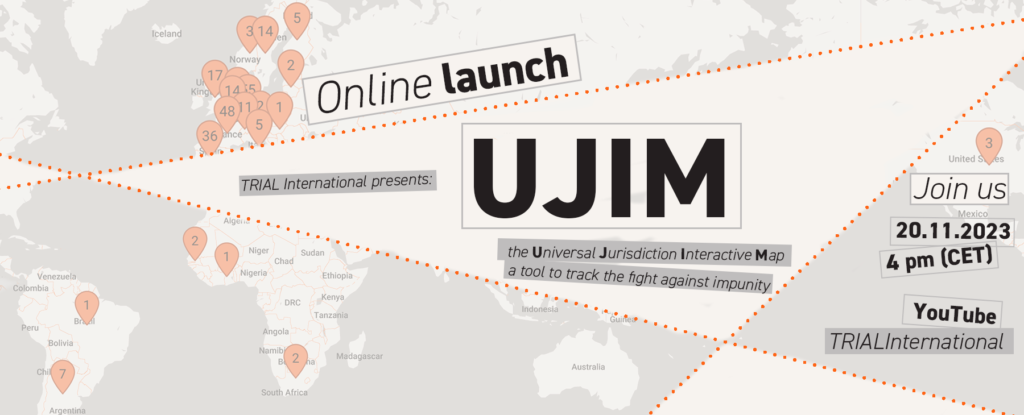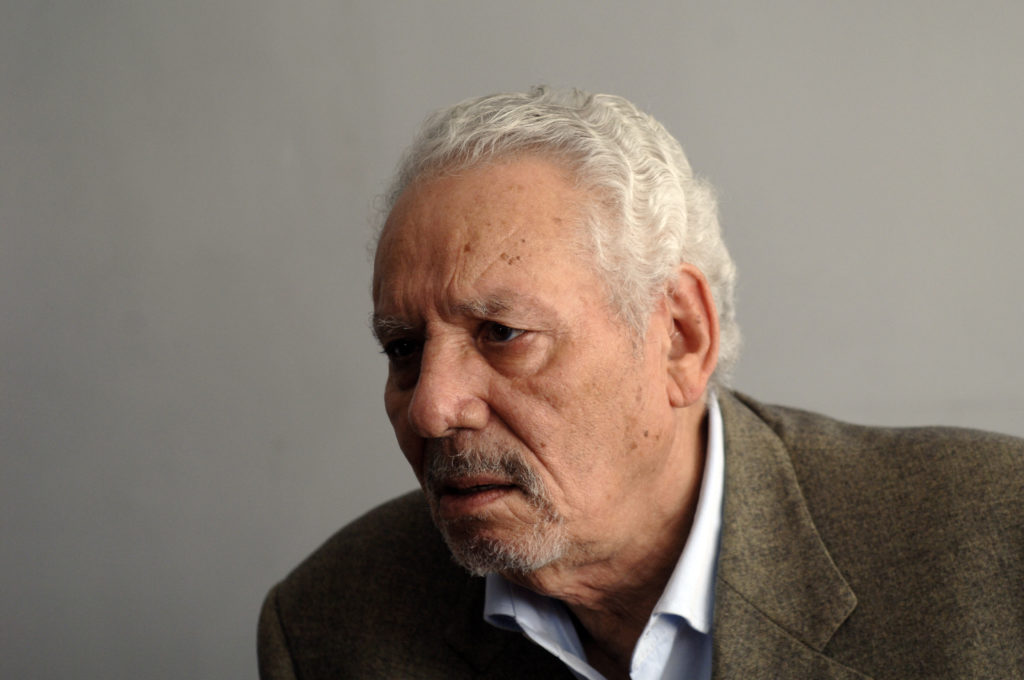International Justice Day: one cause, multiple ways
A message from Daniel Bolomey, President of TRIAL International
On 17 July 1998, the Rome Statute, the founding treaty of the International Criminal Court (ICC), was adopted. Since then, 17 July has become International Justice Day. Although the date is linked to the history of the ICC, the fight against impunity goes well beyond this institution.

Since 1998, many new ways to justice have opened up, and the ICC is only one path — albeit a very important one — of many.
The ICC is based on the principle of subsidiarity, meaning that it can only intervene when States themselves are unable or unwilling to do so. The Court was never designed to answer all the demands for justice: domestic jurisdictions, regional organizations and UN mechanisms also play a key role. Beyond institutions, many legal practitioners, non-governmental NGOs and activists work tirelessly to make justice a reality. To reduce International Justice Day to the foundation of the ICC would hide the progress achieved elsewhere, sometimes at the term of fierce battles.
Today, I wish to highlight other aspects of international justice: universal jurisdiction, and the trend to prosecute international crimes under charges of terrorism; the duty of remembrance, as Bosnia and Herzegovina just commemorated the 25th anniversary of the Srebrenica massacre; or the exploration of new legal strategies to investigate past crimes committed in The Gambia. I also invite you to read our Activity Report 2019, which gives an overview of last year’s successes. They have only been made possible by the generosity of our donors, which I warmly thank you!
Daniel Bolomey,
President of TRIAL International








